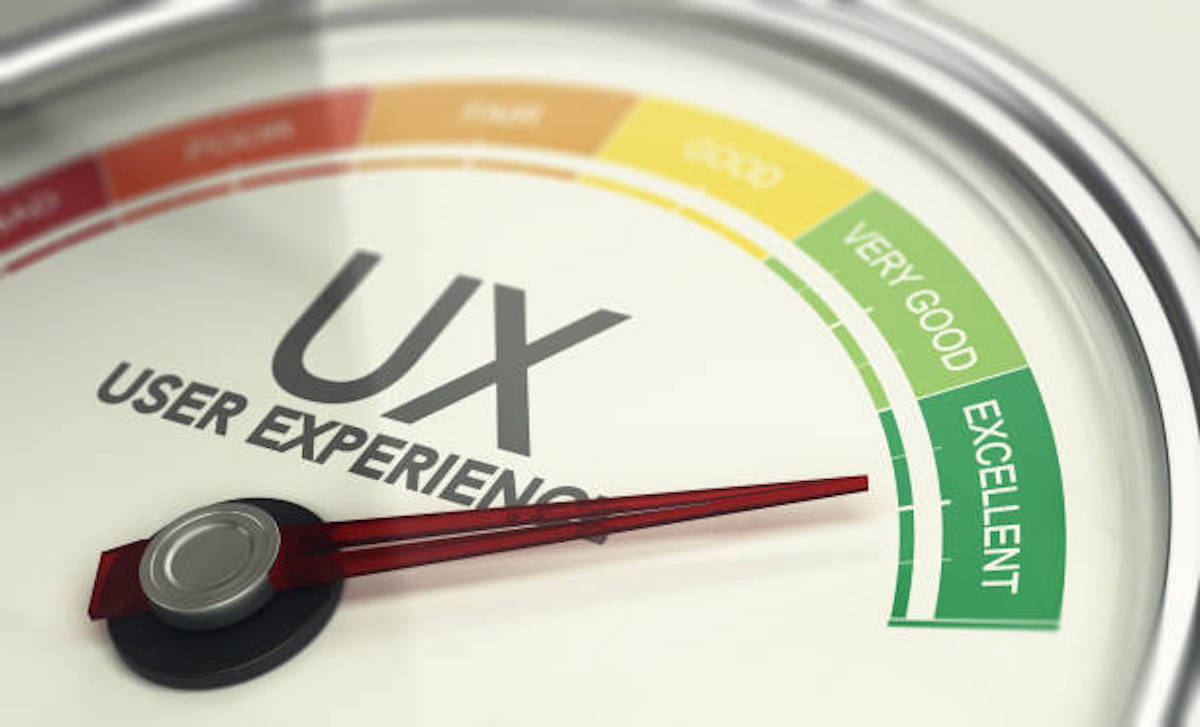Decision-making is a vital process when running a business. There are many factors to consider because one wrong move may affect all aspects of your business. The decision-making process requires gathering information, evaluation, and analysis. Business leaders often need to make better decisions. There are many possible factors behind this. The decision-making process should be based on leadership style and experience.
The decision-making process for a successful business
Leaders make wrong decisions because they want to keep something they have invested money and time into, even if it’s not working for them. Another common reason is that leaders tend to seek information that confirms their beliefs instead of seeking evidence and information that will challenge them. Those are blockers for leaders to make the right decision. Here are steps to make the right decision for your business:
Own your decision
When you decide, you end the process and no longer treat it as an option. Being a leader of your own business, you must know what you are doing, and it shows when you own your decision. If you own your decision, your employees will know you are reliable and follow your lead. Owning your decision also means you are taking responsibility for it. You will learn something from it; if it fails, you will know how to avoid repeating the same mistakes.

Don’t involve emotion in the process of decision-making.
The decision-making process should be free from emotion, especially regarding business. Keep in mind that you should not underestimate the power of emotion. It is alright, but when used in the wrong place,e it may lead to disaster. Running a business requires thinking logically and making strategies based on fact-driven information. Hence, emotion is the last thing you want to involve in the process.
Being too emotional in the decision-making process will make you think less logically. Business leaders often regret emotionally driven decisions because they often overlook the flaws. To avoid emotion in decision-making, rely more on gathering fact-driven information. Identify whether the decision worth the effort and time. Evaluate related factors to reach positive outcomes.
Weight the pros and cons
It’s a must to make an informed decision for your business and let yourself be in charge of the whole process. Therefore, you need to understand and compare the options to see the pros and cons of each. When you understand the options, you know how to determine the one with positive outcomes. Then, evaluate the opportunity cost. It means you need to be ready to let go of something to achieve something else. This process matters because it tells you exactly how much something is worth compared to all other possibilities available at the time.










